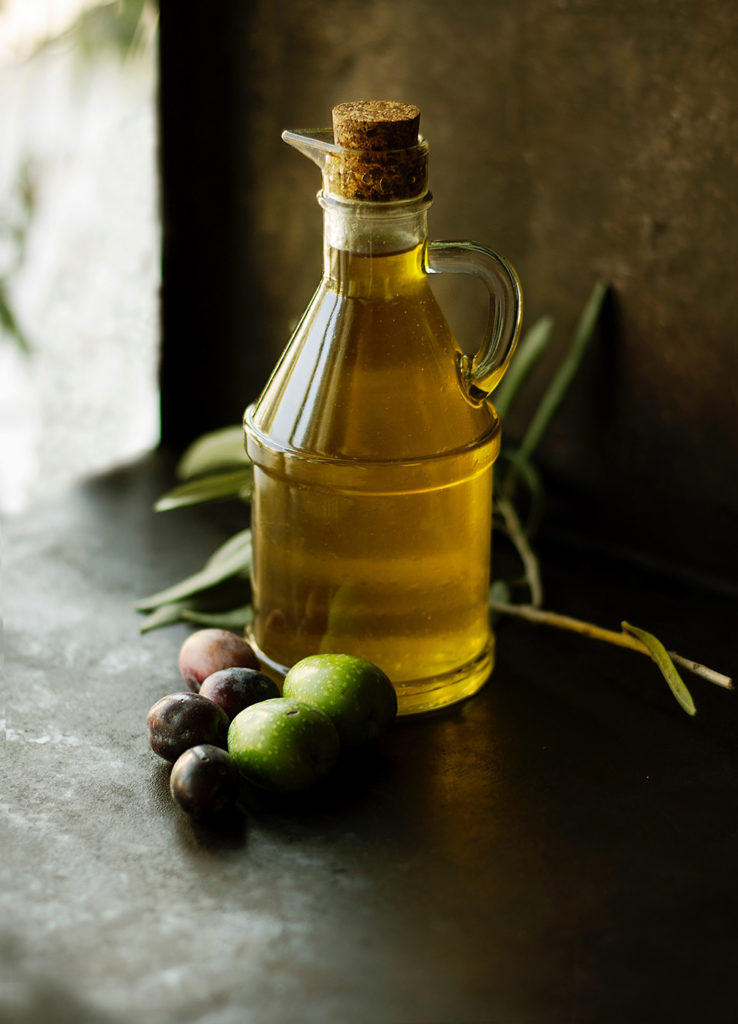Italy — April 21, 2020
Pondering the Pantry
During the coronavirus quarantine in Italy, locally-made products offer a window in the world of the past, and invite questions about the future of food.

On the first day of quarantine, seeking some small sense of order and agency, I decided to take stock of what I had in the pantry. The whole process took less than a minute because, as it turned out, the pantry was nearly empty. I (like most people) had not planned to be stuck where I was for the foreseeable future. The only thing I had in abundance was olive oil. Five bottles, in fact.
I never meant to stockpile olive oil. I’ve lived in Italy long enough to know that high quality olive oil is best enjoyed fresh. However, I’ve also lived in Italy long enough to know quite a few olive oil producers.
The smallest container I acquired on a daytrip to Fattoria di Maiano, a family farm nestled in the hills of Fiesole, just outside of Florence. Looking at the squat cylindrical container, I could clearly see the shape of the clouds that day of my trip. They had wandered across the blue sky like a flock of sheep gently suspended over the shimmering, silvery rows of olive trees.
Behind it stood a tall, rectangular bottle labeled simply olio nuovo (new oil) from the 2019 olive harvest at La Selva, a farm just a half hour’s drive away. I remember the night I first tasted this oil, generously poured in a vibrant green stream over pane toscano, Tuscany’s notoriously bland bread.
To the right of this bottle, there was a dark, elegant cardboard box. Inside, delicately wrapped in tissue paper, was a bottle from the same harvest year, produced two hours to the north at the stunning Castello di Ama property in Chianti. I visited toward the end of autumn and saw the new oil flow from the frantoio (the olive press) while a fresh, green fragrance floated through the air.
I picked up a shorter, rounder bottle positioned in front of the box and felt the weight of the many olives that had been pressed for the oil within. In October, I spent a morning harvesting olives by hand at Poggio Lecci, a nearby olive grove.
Someone else might have overlooked the last bottle in my collection at first glance. Its container was recycled, a fact made evident by the remainder of a half-torn label that still reads “balsamic vinegar.” Now, however, it is filled with olive oil produced in Puglia, one of Italy’s southernmost regions. This bottle was a special gift from an elderly woman I befriended while staying last summer as a guest at her bed and breakfast. We talked about olives for hours one evening, and she explained that her family’s trees had produced very few olives the year before. When I departed, she rushed to give me this bottle, hastily filled from her precious stock, and to make sure I remembered the recipe for stuffed eggplant she had recited for me the night before.
Each bottle I have is strongly reminiscent of a particular place and people. Looking at them, I cannot help but worry how different things will be by the time the next olive harvest arrives.
A short supply chain, even a bottle of olive oil that passes directly from the producer to the consumer, relies on a larger, infinitely fragile food system. Many are needed to support it. Will small Italian food businesses like the ones that produced these bottles be able to endure the hardships of this global health crisis?
With more time than ever to spend gazing into the depths of my pantry, I will also be spending more time thinking about who produced the food that lines its shelves.
When I opened the pantry that first day, I felt alone and unnerved. But each day since, I see the bottles of olive oil and feel a sense of hope. Soon, the olive trees will begin to bloom.
Photo by Roberta Sorge on Unsplash






Our comments section is for members only.
Join today to gain exclusive access.